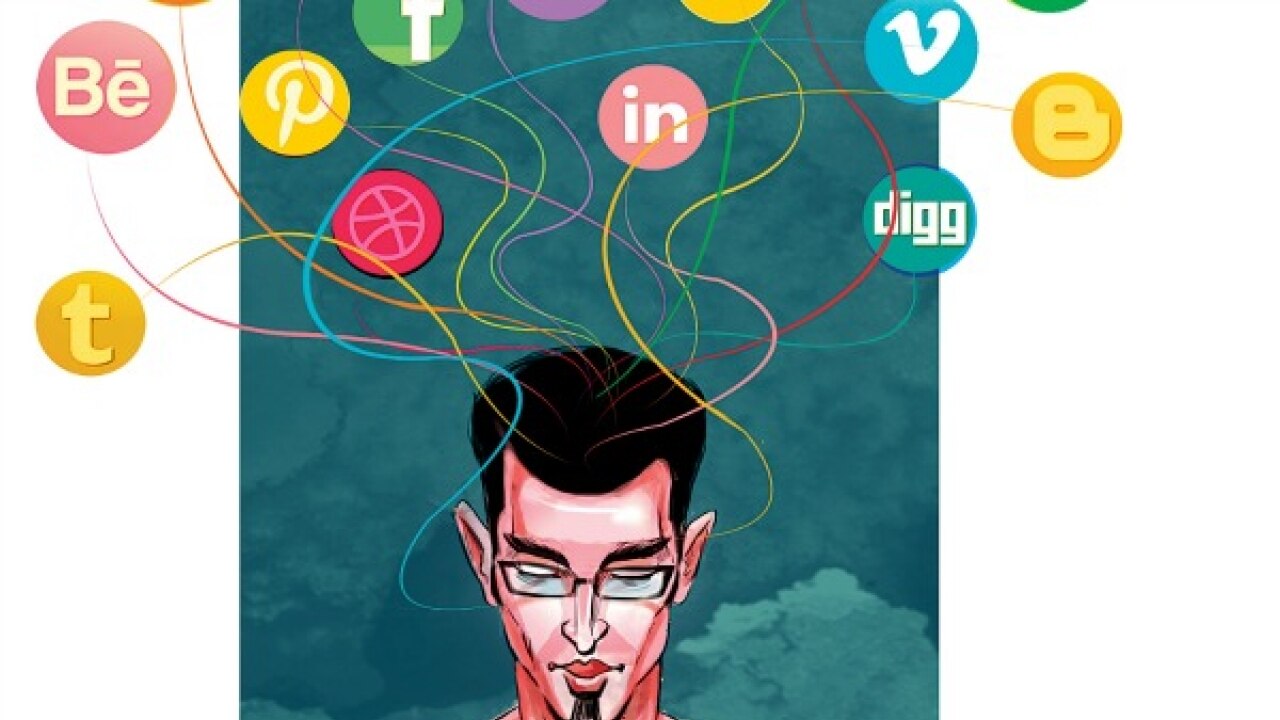
The TRAI consultation paper asking 20 questions on the little known issue of Net Neutrality has brought a new awareness to the mind of not just the platform and the internet applications provider community, but also to the internet consumer at large. Beyond the hashtag activism that has suddenly sprouted all over the country, there are some real issues which the responses released by NASSCOM and others seek to address.
NASSCOM rightly argues that the realisation of the Digital India vision and the continuing success of the internet start-up and innovation eco-system can create breakthrough economic development and transformation in education, healthcare, financial inclusion and other critical economic development areas for the country. However, this can be realised, only if twin priorities are addressed – an affordable telecom infrastructure on one hand and the adoption of Net Neutrality principles to create an open and level playing field that facilitates adoption and inclusion. Any stifling regulations that restrict access to Internet or Internet platforms and services would suppress the development of the data oriented internet revolution in the country.
The first public fallout of the Net Neutrality indignation in the country has already happened with Flipkart's announcement that it would withdraw from Airtel Zero, which would have meant apps license fees paid to the carrier by the company to enable subscribers of the service to have free access. This has brought to the fore Mark Zuckerberg’s pet project – Internet.org, launched in February with the support of Reliance Communications, by which Facebook purports to offer basic internet services to the underserved, who could not afford the cost of access earlier. With Net Neutrality doubts surfacing, partners like Cleartrip and NDTV have hastened to withdraw from the platform, with others remaining uncommitted.
While NASSCOM has rightly come out in support of the start-up and SME Internet and commerce entrepreneurs, there is no doubt that government initiatives like the National Digital Literacy Mission will be served better if the hundreds of millions of digitally literate citizens have access to a nation-wide broadband network that enables livelihoods and prosperity to be expanded through a widespread sharing of knowledge and universal access. Social inclusion and bridging the digital divide are a must and policy makers must make it incumbent on operators to open their portals to all, while ensuring that there is a level playing field for all app developers and creators of content for the vast user community out there.
NASSCOM’s advice to the regulators encompasses three key areas. First is that the bedrock of Net Neutrality is the unfettered user right to make an informed choice in deciding access to content. Second, Telecom Service Providers (TSPs) cannot enjoy the rights or the discretion to censor or block legal content or throttle lawful internet traffic by giving preference to any paying service provider. Finally, double dipping cannot be allowed by TCSPs desiring to charge both the consumer and the application or platform provider.
We do need to realise that the Net Neutrality principles applied in the West are not directly transportable to our country, given the fact the telecommunications infrastructure is largely driven by the private sector in India and a viable and healthy business environment for TSPs is also an essential requirement for Digital India. Success lies in enabling a virtuous synergy between the goals of the applications / platform providers and the TSPs, even as the TSPs move from a voice-dominated to data-dominated era, thereby changing the revenue model for the future.
Regulations already exist in the country. What is important is to understand the principles of Net Neutrality, ensure that Apps Licensing is discouraged and a clear recognition exists in all parties, that it is the paying consumers who have paid to use bandwidth from telecom companies that should decide what applications and platforms they intend to consume. It is their rights and preferences that must be protected and supported as Digital India expands to make all Indians more connected and users of information and data for life and work!
Dr Ganesh Natarajan is Chairman of NASSCOM Foundation and CEO of Zensar